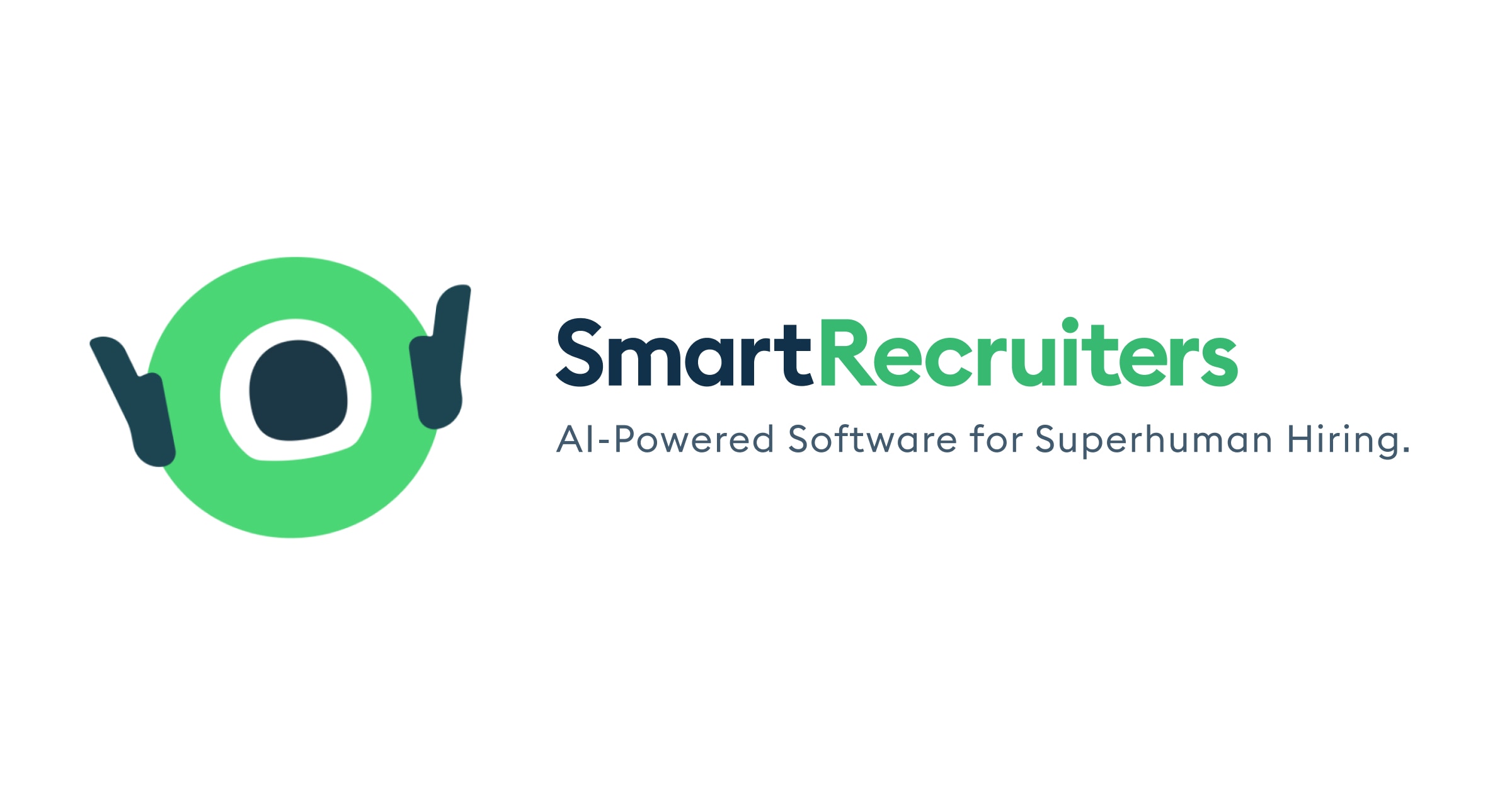The Algorithm Will See You Now: How SAP's Latest Gambit Reshapes the Human Side of Hiring
WALLDORF, Germany — SAP's acquisition of SmartRecruiters, announced today, represents a significant consolidation in the enterprise hiring software market as major technology companies race to integrate artificial intelligence into talent acquisition processes. The deal combines SAP's established SuccessFactors human resources platform with SmartRecruiters' specialized AI-powered recruiting tools, creating a more comprehensive system for managing hiring workflows from initial job postings through employee onboarding.
The German software giant's purchase of the San Francisco-based recruiting platform marks a pivotal moment in the evolution of work itself. For the 4,000 organizations that rely on SmartRecruiters to process their hiring—from Amazon's warehouses to McDonald's kitchens—this transaction will ripple through countless individual lives, determining who gets hired, who gets overlooked, and how algorithmic decision-making increasingly mediates human opportunity.
SmartRecruiters' transformation from a $19 million revenue company in 2020 to a $71 million enterprise in 2024 reflects the stunning velocity with which AI has colonized the most intimate aspects of professional life. The acquisition, expected to close in the fourth quarter of 2025, promises to create an integrated talent ecosystem where algorithms will guide every step from initial job posting to final onboarding.

The Human Cost of Digital Efficiency
Behind the corporate strategy lies a more profound transformation: the gradual erasure of human intuition from hiring decisions. In cities across America, hiring managers find themselves increasingly reliant on algorithmic recommendations that promise efficiency but often struggle with the nuanced assessments that define meaningful employment matches.
"We're witnessing the most significant change in how people find work since the advent of mass employment," observed Dr. Sarah Chen, a workplace technology researcher at MIT who has studied algorithmic hiring systems for over a decade. "The question is whether these systems serve human flourishing or merely corporate efficiency."
The numbers underscore this shift's magnitude. The talent acquisition software market has expanded to over $10.8 billion in 2024, with projections suggesting it could approach $24 billion by 2034—growth driven by enterprises' insatiable appetite for automated decision-making tools that promise to eliminate human bias while often introducing new forms of algorithmic prejudice.
SmartRecruiters' Silent Revolution
SmartRecruiters' journey illuminates how quickly AI has penetrated the hiring process. The company's platform, which processes millions of job applications annually, represents a new paradigm where machine learning algorithms screen resumes, schedule interviews, and even assess candidate personality traits through language pattern analysis.
For job seekers, this evolution has created an invisible layer of technological gatekeeping. Applicants now craft resumes not just for human readers but for algorithmic parsing systems that scan for keywords and patterns. The stakes are personal and immediate: a poorly optimized resume might never reach human eyes, regardless of the candidate's qualifications or potential.
"The system has fundamentally changed the relationship between merit and opportunity," noted one senior talent acquisition professional who requested anonymity. "We're making decisions about people's livelihoods based on algorithmic confidence scores that most hiring managers don't fully understand."
The Integration Paradox
SAP's challenge extends beyond technical integration to preserving the human elements that make hiring decisions meaningful. The company's previous acquisition experience—particularly with Qualtrics, which struggled with cultural integration—looms large over stakeholder expectations.
Muhammad Alam, SAP's Executive Board member for Product & Engineering, framed the acquisition in terms of business necessity: "Hiring the right people is not just an HR priority—it's a business priority. This acquisition will help our customers attract and hire the best talent with speed and agility."
Yet the human cost of this efficiency remains largely unmeasured. As hiring processes become increasingly automated, the informal networks, second chances, and intuitive assessments that once provided pathways to employment for non-traditional candidates face systematic erosion.
The Competitive Arms Race
The acquisition unfolds against a backdrop of fierce competition among enterprise software giants, each racing to capture and commoditize the hiring process. Workday has aggressively promoted its AI agents and unified HCM capabilities, while Oracle continues expanding its cloud-based human capital offerings.
This competition has created a peculiar dynamic where the optimization of hiring systems often prioritizes algorithmic precision over human complexity. Candidates become data points to be efficiently processed rather than individuals with unique circumstances, potential, and stories.
SmartRecruiters CEO Rebecca Carr emphasized the transformational potential: "SmartRecruiters' mission has always been to make hiring easy. Joining forces with SAP presents a tremendous opportunity for enterprises worldwide to benefit from our industry-leading approach to talent acquisition."
Economic Pressures and Human Consequences
The deal occurs during a period of heightened economic uncertainty, where enterprise cost-cutting has made automated hiring systems increasingly attractive to budget-conscious organizations. This environment has accelerated the adoption of AI-driven recruitment tools, even as questions about their fairness and effectiveness remain largely unanswered.
For workers, particularly those in entry-level positions or career transition phases, these systems can create new barriers to employment. Algorithmic screening often favors conventional career paths and established patterns, potentially disadvantaging candidates whose value lies in non-traditional experiences or untapped potential.
"We're creating systems that excel at identifying past success patterns but struggle with recognizing future potential," observed one workplace equity researcher who has studied algorithmic hiring extensively. "The human cost is difficult to quantify, but it's real."
Investment Implications and Market Transformation
The transaction validates AI-driven talent acquisition as critical enterprise infrastructure while raising questions about the broader societal implications of algorithmic hiring. For investors, the deal signals continued consolidation in HR technology, with strategic buyers paying premiums for capabilities that enhance platform completeness.
The acquisition creates opportunities for companies developing algorithmic transparency tools, bias detection systems, and candidate advocacy platforms. As hiring becomes increasingly automated, demand may grow for services that help job seekers navigate algorithmic screening or provide appeals processes for automated rejections.
Specialists in internal mobility and skills-based talent matching represent another growth area, as do providers of composable systems that allow organizations to maintain human oversight in automated processes.
Toward an Algorithmic Future
As SAP integrates SmartRecruiters' capabilities into its broader enterprise ecosystem, the combination promises to reshape how large organizations approach talent acquisition. The vision of unified candidate lifecycle management—from initial sourcing through onboarding and beyond—represents a compelling efficiency proposition for HR leaders managing complex hiring workflows.
Yet the human implications remain largely unexamined. As algorithmic decision-making becomes more sophisticated and pervasive, questions about fairness, transparency, and the preservation of human agency in career development become increasingly urgent.
The success of this acquisition will be measured not just in revenue synergies and market share, but in whether it can deliver on the promise of making hiring both more efficient and more humane. Early indicators suggest that achieving both objectives simultaneously may prove more challenging than the corporate communications suggest.
"We're at a crossroads," noted one industry veteran who has witnessed decades of HR technology evolution. "The question is whether we're building systems that serve human potential or merely process human resources more efficiently."
As regulatory approvals proceed and integration planning advances, the SAP-SmartRecruiters combination represents both the promise and peril of algorithmic hiring systems. The ultimate test will be whether technological efficiency can coexist with the messy, unpredictable, fundamentally human process of matching people with meaningful work.
NOT INVESTMENT ADVICE
